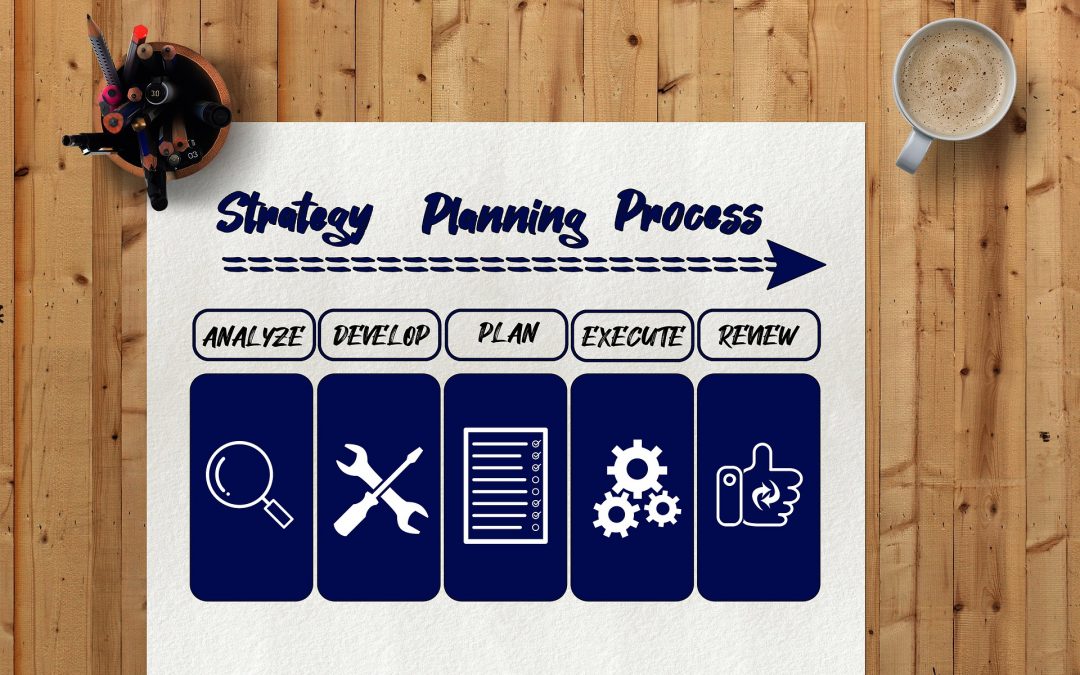In the United States, there is a saying that “everybody loves a winner,” and it could not be more accurate. Individuals with extraordinary abilities have the opportunity to live and work in the United States legally by obtaining an EB-1A visa.
In this article, you will discover the essential facts about the EB-1A visa application process.
Understanding the EB-1A Visa
Commonly known as the extraordinary ability visa, the EB-1A visa allows foreign nationals that are highly gifted in their field of expertise to apply for permanency residence in the United States.
The term extraordinary ability refers to a degree of skill and recognition substantially above that typically encountered.
Hence, EB-1A visa applicants need to demonstrate that they have extraordinary ability in the sciences, arts, education, business, or athletics through sustained national or international claim.
Additionally, applicants should demonstrate that they will continue working in their field of expertise after obtaining permanent residency in the United States. Given that the EB-1A is an employment-based visa, applicants can either self-petition or apply through a US employer.
EB-1A Visa Requirements
EB-1A applicants may demonstrate extraordinary ability through presenting a one-time achievement or major internationally recognized prize (e.g., Pulitzer prize, Nobel prize, Olympic medal).
Applicants who do not have a one-time achievement can also apply as long as they provide evidence of at least three out of the following ten criteria provided by the US Citizenship and Immigration Services (USCIS):
- Receipt of lesser nationally or internationally recognized prizes or awards for excellence
- Membership in associations in the field of expertise that demand outstanding achievement of their members
- Published material referring to the applicant’s extraordinary ability in professional or major trade publications and major media
- Documentation that the applicant has been asked to judge the work of others (either individually or as part of a panel)
- Documentation of the applicant’s original scientific, scholarly, artistic, athletic, or business-related contributions of major significance to their field of expertise
- Authorship of scholarly articles in professional or major trade publications or other major media
- Documentation that the applicant’s work has been displayed at major artistic exhibitions/showcases
- The applicant’s performance of a leading or critical role in a distinguished organization
- The applicant’s command of a high salary or other high remuneration above that commonly encountered in comparison to other in the same field of expertise
- Documentation of the applicant’s commercial successes in the performing arts
EB-1A Visa – Why Is It So Difficult for Many Outstanding Individuals To Prove It?
There are certain fields of expertise that are more likely to be classified as extraordinary abilities than others. However, it does not mean that simply because someone did not classify as an EB-1A applicant that he/she has not an extraordinary ability.
Unfortunately, some fields of expertise do not receive the level of recognition and achievements deserved, which can be a negative thing for several applicants when they need to provide evidence that they meet the EB-1A criteria.
Obtaining an EB-1A Visa – Submitting the Paperwork
The first step for EB-1A visa applicants is to file a Form I-140 (Petition for Alien Worker). The filling fee for this form is $700, but applicants can also choose a premium processing fee (Form I-907) of $2,500 for a more expedited process.
Typically, premium processing applicants have their petition adjudicated by the USCIS within 15 calendar days.
Obtaining an EB-1A Visa – Adjustment of Status
Applicants who are currently in the United States can file an Adjustment of Status Petition (l-485), and simultaneously apply for an employment/work authorization with the USCIS.
In this sense, an applicant can decide to either file an l-140 form, wait for USCIS decision, and only then file an l-485 for adjustment of status, or file the Adjustment of Status Petition in-parallel with the l-140 petition.
The second option is allowed only for applicants whose countries are current with the EB-1A category. Also, it is worth noticing that even if the applicant decides to pay the premium processing fee for the l-140 petition, it will not apply for the l-485 petition.
Regardless if the applicant is in or outside of United States territory, the best approach is to work with an experienced immigration attorney to assess the situation individually and determine the best strategy accordingly.
EB-1A Visa Application Process 2021- We Can Help You
Undoubtedly, winning an EB-1A visa is not an easy task, especially when you are on your own. Attorney Romy B. Jurado, Esq. is an experienced attorney who will provide you all the guidance you need to succeed.
Waste no time and money with uncertainty. Call Attorney Romy B. Jurado today at (305) 921-0976 or send an email to [email protected] to schedule a consultation.





